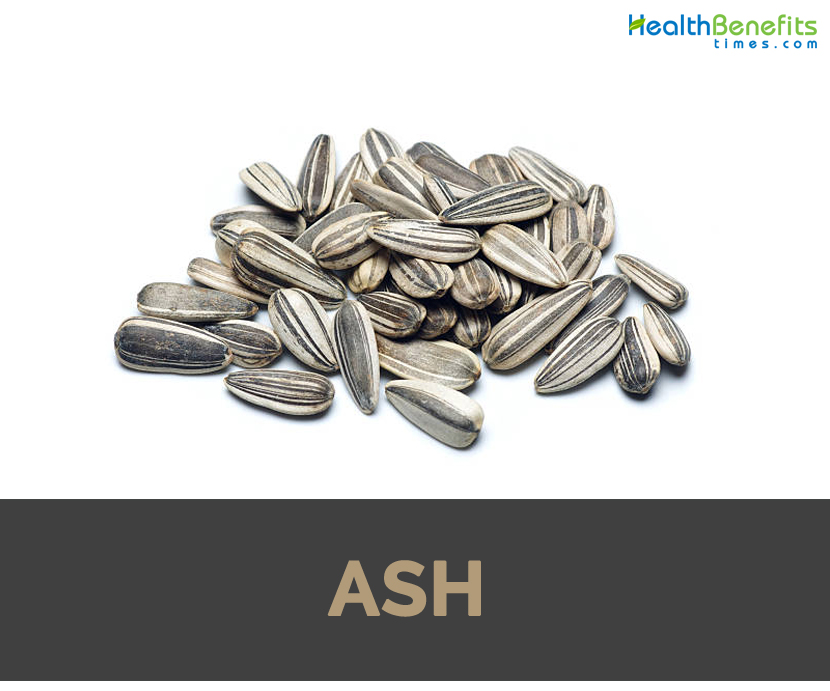 Ash is any inorganic material such as minerals which are found in food. It is termed as ash as its residue remains after heating eliminates water and organic material such as carbohydrates, protein and fat but not trace minerals (iron and zinc) or minerals (sodium, potassium, magnesium and calcium). Ash encompasses both compounds with imperative minerals, such as potassium and calcium, and toxic materials such as mercury. Generally, natural food contains less than 5 percent ash in content while some processed foods could have more than 10 percent of ash content.
Ash is any inorganic material such as minerals which are found in food. It is termed as ash as its residue remains after heating eliminates water and organic material such as carbohydrates, protein and fat but not trace minerals (iron and zinc) or minerals (sodium, potassium, magnesium and calcium). Ash encompasses both compounds with imperative minerals, such as potassium and calcium, and toxic materials such as mercury. Generally, natural food contains less than 5 percent ash in content while some processed foods could have more than 10 percent of ash content.

Dietary Sources
| Food name | Weight (g) | Ash (g) |
| Sunflower seeds | 128 | 18.38 |
| Jellyfish | 58 | 14.56 |
| Kielbasa | 370 | 12.77 |
| Whey | 145 | 12.11 |
| Rice bran | 118 | 11.78 |
| Molasses | 337 | 11.12 |
| Turkey | 863 | 10.79 |
| Mackerel fish | 80 | 10.72 |
| Black tea | 473 | 9.98 |
| Radishes | 116 | 9.66 |
| Soybeans | 186 | 9.06 |
| Hyacinth beans | 210 | 9.01 |
| Mozzarella cheese | 228 | 8.48 |
| Mothbeans | 196 | 8.35 |
| Parmesan cheese | 100 | 8.03 |
| Sorghum syrup | 330 | 7.92 |
| Feta cheese | 150 | 7.80 |
| Lima beans | 178 | 7.65 |
| Winged beans | 182 | 7.24 |
| Pigeon peas | 205 | 7.07 |
References:
https://www.livestrong.com/article/449416-what-is-ash-in-food/
